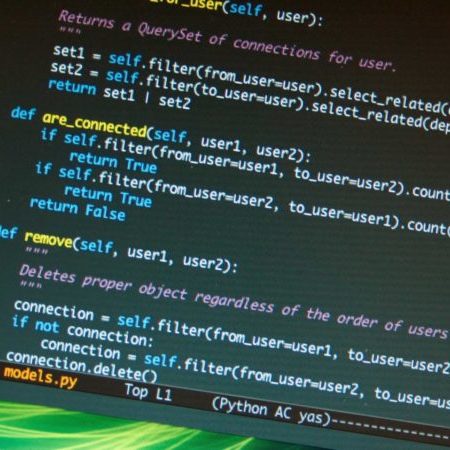Implementing Cisco IP Routing (ROUTE) 2.0

Course description
ROUTE v2.0 includes major updates and follows an updated blueprint. However, note that this course does not cover all items listed on the blueprint. Some older topics have been removed or simplified, while several new IPv6 routing topics have been added. Course content has been adapted to Cisco IOS Software Release 15 and technically updated. Course also introduces new type of labs, called discovery labs. Discovery labs are instructor guided lab through which student explores new topics in an interactive way. All labs are developed only as virtual labs. To get the full course experience, you should cover everything, including Introduction, Discovery labs, Summary, and Module Self-Check.
Course Objectives
- Upon completing this course, the learner will be able to meet these overall objectives:
- Describe routing protocols, different remote connectivity options and their impact on routing and implement RIPng
- Configure EIGRP in IPv4 and IPv6 environment
- Configure OSPF in IPv4 and IPv6 environment
- Implement route redistribution using filtering mechanisms
- Implement path control using policy based routing and IP SLA
- Implement enterprise Internet connectivity
- Secure Cisco routers according to best practices and configure authentication for routing protocols
Course outlines :
Planning Routing Services to Requirements
- Assessing Complex Enterprise Network Requirements
- Creating an Implementation Plan and Documenting the Implementation
Implementing an EIGRP-Based Solution
- Planning Routing Implementations with EIGRP
- Implementing and Verifying Basic EIGRP for the Enterprise LAN Architecture
- Configuring and Verifying EIGRP for the Enterprise WAN Architecture
- Implementing and Verifying EIGRP Authentication
- Advanced EIGRP Features in an Enterprise Network
Implementing a Scalable Multiarea Network OSPF-Based Solution
- Planning Routing Implementations with OSPF as Scalable Routing Protocol
- How OSPF Packet Processes Work
- Improving Routing Performance in a Complex Enterprise Network
- Configuring and Verifying OSPF Routing
- Configuring and Verifying OSPF Route Summarization
- Configuring and Verifying OSPF Special Area Types
- Configuring and Verifying OSPF Authentication
Implement an IPv4-Based Redistribution Solution
- Assessing Network Routing Performance and Security Issues
- Operating a Network Using Multiple IP Routing Protocols
- Configuring and Verifying Route Redistribution
Implementing Path Control
- Assessing Path Control Network Performance Issues
- References to Additional Path Control in E-Learning
Connection of an Enterprise Network to an ISP Network
- Planning the Enterprise-to-ISP Connection
- Considering the Advantages of Using BGP
- Comparing the Functions and Uses of EBGP and IBGP
- Configuring and Verifying Basic BGP Operations
- Using the BGP Attributes and Path Selection Process
Course Features
- Lectures 0
- Quizzes 0
- Duration 40 hours
- Skill level Professional
- Language English
- Students 0
- Assessments Yes





